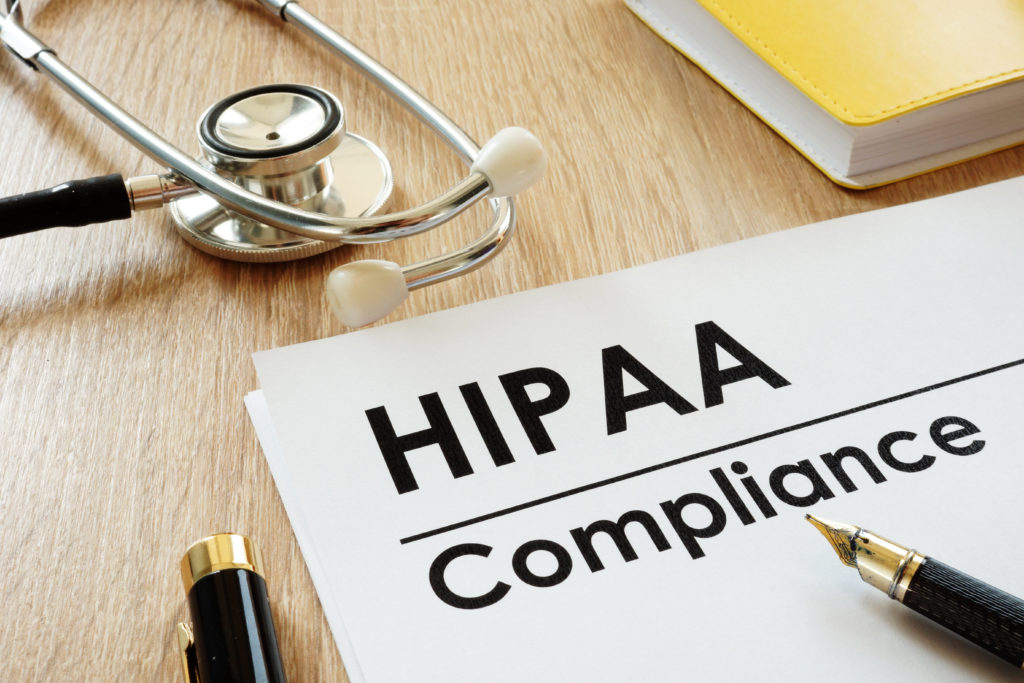If you’re a healthcare professional making sure you’re in compliance with HIPAA regulations is a crucial part of the daily operation. The law is designed to provide individuals with more privacy and security and gives patients more control. It is imperative to make sure any new system you implement remains in compliance with HIPAA’s regulations. Technology is evolving at a rapid rate.

HIPAA compliance is a complex process for organizations who are trying to understand the law and its implications. HIPAA compliance is essential for health professionals and employees of the insurance sector. It’s crucial to review the rules thoroughly and ensure all procedures are in place to remain compliant. It’s difficult to comply with the law but it’s vital. Compliance ensures improved service and protects information privacy and could result in penalties prevented. Knowing the HIPAA regulations and taking appropriate steps can assist companies to ensure they’re following the prescribed procedures.
Although HIPAA’s rules might seem restrictive, the emphasis placed on privacy and security measures is designed to protect data. Higher protections are required to prevent the illegal disclosure or misuse of private patient data since the healthcare industry has been increasingly moving to digital technology like Electronic Medical Records. While guidelines have been laid out, the compliance with these regulations still must be actively checked and enforced to ensure that individuals are protected. HIPAA is attentive to the privacy of patients and security.
HIPAA is a valuable safeguard for those in the medical field as well as patients whose personal information is kept. Covered entities (CEs) and business associates have the option to choose whether an addressable implementation standard should be utilized. The decision is based on several factors, such as a risk analysis mitigation strategy, current security measures, and cost of implementation. When making this decision, CEs and BAs could factor in alternatives that meet the objective or skip the procedure completely if they believe it’s appropriate in the conditions. HIPAA urges them to take informed decisions regarding data protection and safeguarding, while establishing an appropriate balance between the technical measures and control by the user of sensitive information.
Numerous organizations are able to reap the benefits of HIPAA compliance. Organizations can ensure that the security and confidentiality of personal health information of customers, patients and clients by adhering to the rules in the Health Insurance Portability and Accountability Act. Compliance can also guarantee that patients are using their medical information only for their benefit as well as the benefit of their healthcare providers. HIPAA compliance allows patients the power to make informed decisions regarding the manner in which their personal medical data is utilized and managed. It also allows them to rest assured that the information is not accessible or altered by other entities without their consent. HIPAA compliance can reduce the risk to reputation of companies and helps them avoid financial or legal consequences if they mishandle patient data. HIPAA compliance ensures that patients receive a pleasant experience and more secure their medical records that are sensitive.
In the end it is important to note that these are just a handful of factors to take into consideration when it comes to HIPAA compliance. To ensure compliance you need to know the basics of the law. Also, speak with experts who can help in understanding the law and set up the systems and processes. It can be challenging to reach full compliance, but it is vital for safeguarding the rights of your patients as well as keeping their medical information confidential.
For more information, click subtitle of hitech